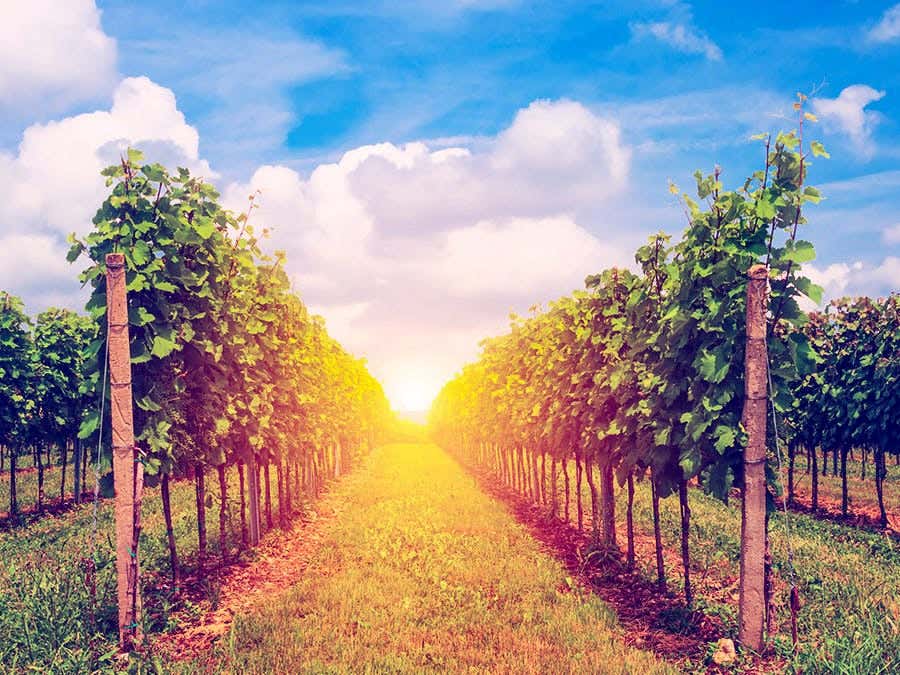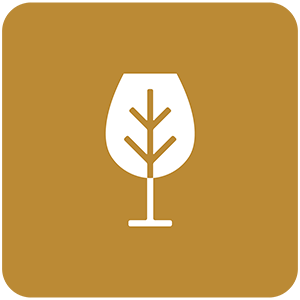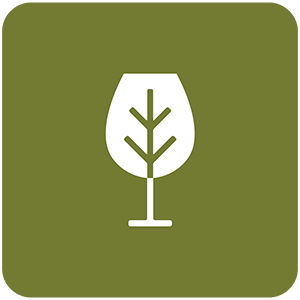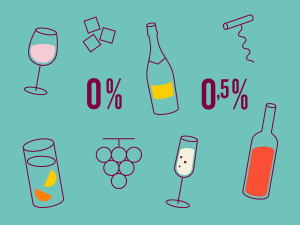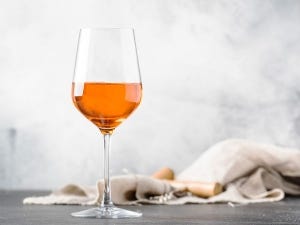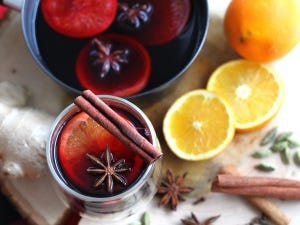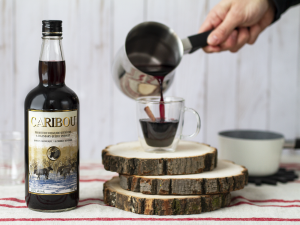Getting back to nature
Organic culture and its surrounding philosophies are hardly new: the very first wines had to be! By looking back at recent-ish years however, it’s easy to understand why these pure practices were abandoned… only to make a big comeback. A few decades ago, the chemical revolution was knocking at producers’ doors with a trunk full of promises. Compelling results for pesticides, herbicides, fungicides and other chemical and synthetic fertilizers charmed many of them. Who wouldn’t be seduced by better harvest control, some sort of promise of success by these new allies, and all that with less effort?
That was the glorious part of these technical advancements. But it was bound to reveal another side, sooner or later, especially since so widespread. The perfect picture painted wasn’t all… perfect. While chemical products will rid you of pesky insects, weed and fungal diseases, they also attack other lifeforms. The natural balance was put in jeopardy as microorganisms, fauna and flora were threatened. And what about the actual fruit?
Facing these facts, some producers decided to revert to a more conscious work in the vineyards and the cellars, armed with the wisdom and desire to produce more authentic wines. The notion of terroir being so important to the purists, it made sense to let the land express itself truly, and purely. Although that sounds simple enough, it is not: natural practices come at great price. Naturally (pun intended) the work required is far more important and is a delicate dance, often leaving growers unarmed before Mother Nature. And she can be quite unpredictable!
All about respect
Organic
For organic wine, rules forbid the use of chemicals or synthetic products, besides the famous bouillie bordelaise (French for Bordeaux mush) made of copper sulfate. The mix helps treat some vine fungal problems. Hand harvesting is also strongly encouraged.
Biodynamic
Wines born from biodynamic culture follow the same norms as organic principles, but take it to a higher level with a holistic approach in caring for the vine through its cycle. The conduct and treatments (recalling homeopathic concoctions) must rigorously respect a calendar set each year based on star movement. Don’t bottle your wine on a “root” and not “fruit” day, your wine may not reveal itself fully!
Natural
At the very top of the purity scale are the natural wines: natural means nothing was added… or almost nothing. These wines are at the other end of the conventional wine spectrum, which is often standardized at the expense of modern oenology. With little or no added sulphites, natural wines are the essence of authentic winemaking and terroir.
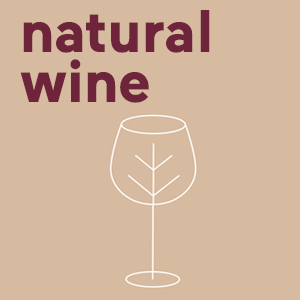

Finding nature
Just like for organic wines available at the SAQ, quick to find thanks to organic tags online and green BIO identification in-store, wines of the natural philosophy now also have their own distinction. Spot the new logo online and in-store, plus look for brown-coloured labels on store shelves.
There is no common regulation or certification governing natural wines in Europe. However, as of 2020, France has been labelling natural wines as “Vin méthode nature”. Our selection is labelled on the basis of the producer’s own declaration.
The SAQ commitment
Always on the lookout for new developments and trends in the eco-responsible product field, the SAQ is invested and committed to offering a growing selection of products respectful of our environment to its customers. The SAQ also pledges to offer more wines in containers with a low environmental footprint.
Containers
with a low
environmental
footprint
 Access to SAQ Inspire personalized services and store inventories are unavailable at the moment.
Access to SAQ Inspire personalized services and store inventories are unavailable at the moment. Free in-store delivery with purchases of $75+ in an estimated 3 to 5 business days.
Free in-store delivery with purchases of $75+ in an estimated 3 to 5 business days. 
